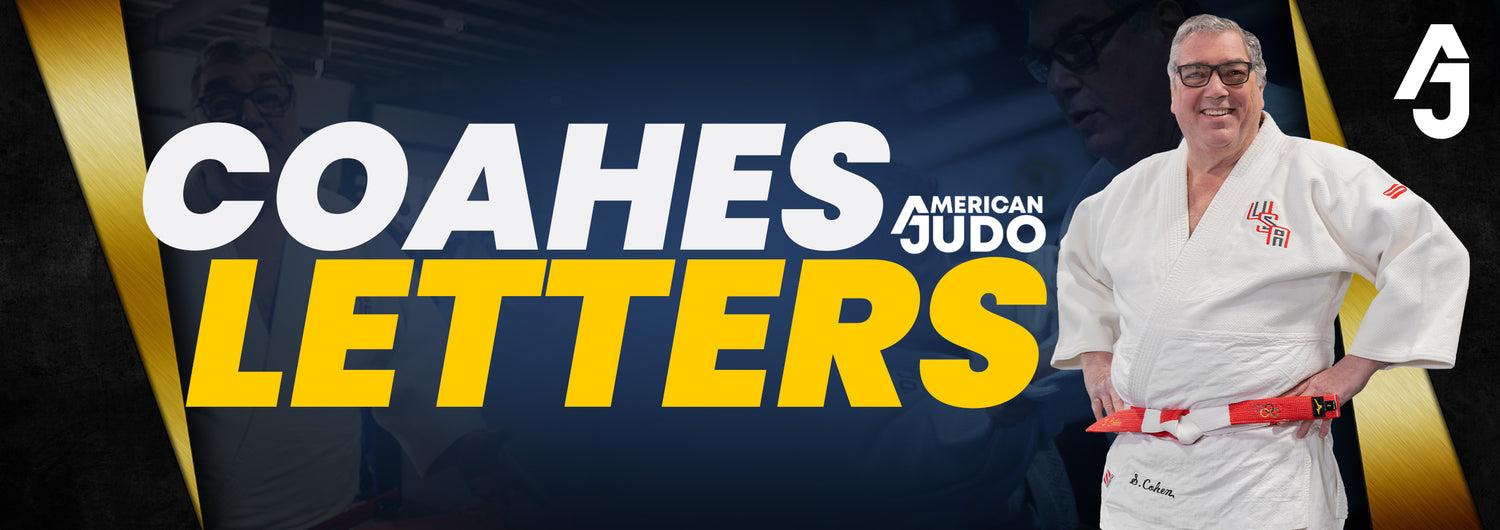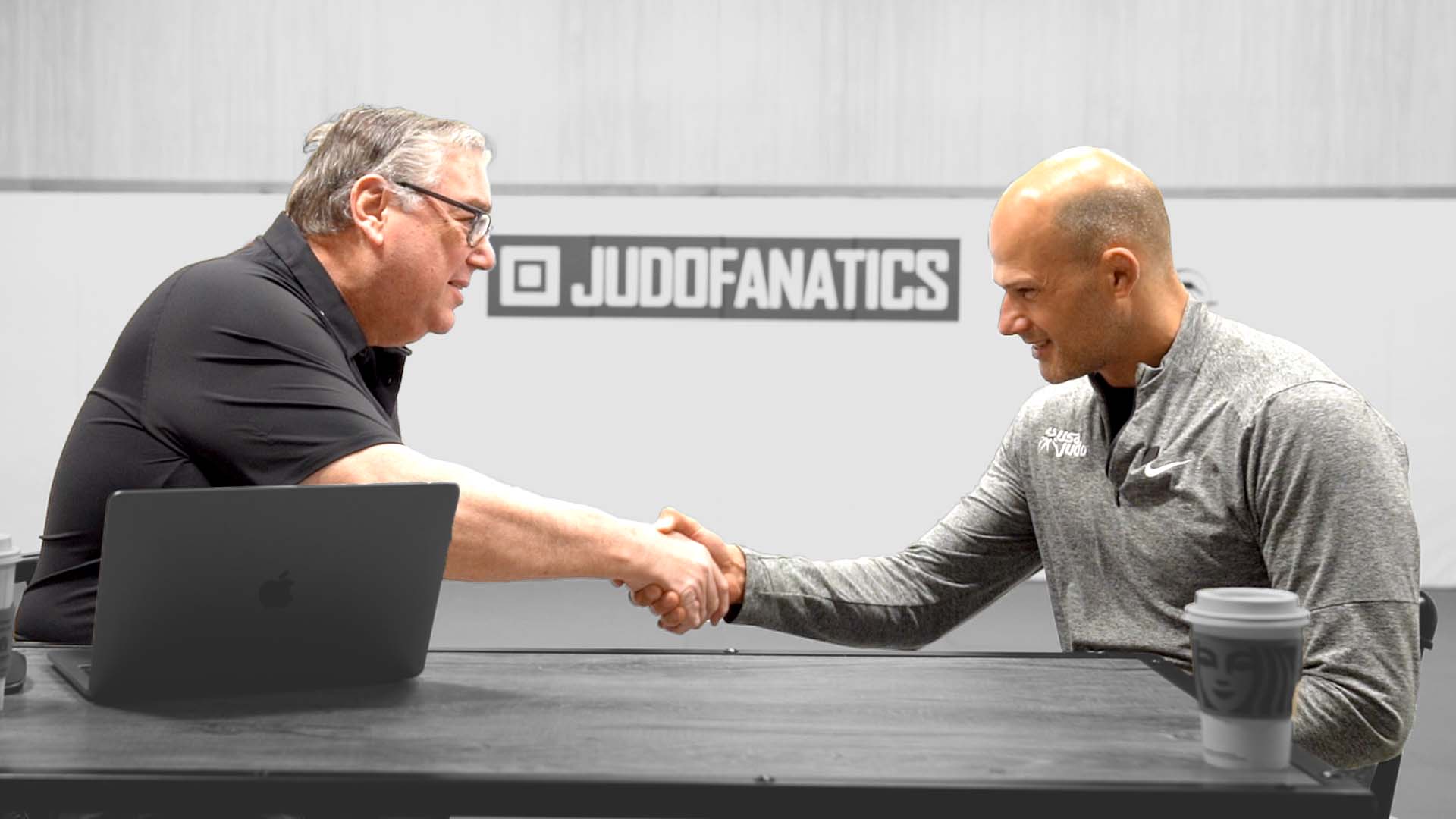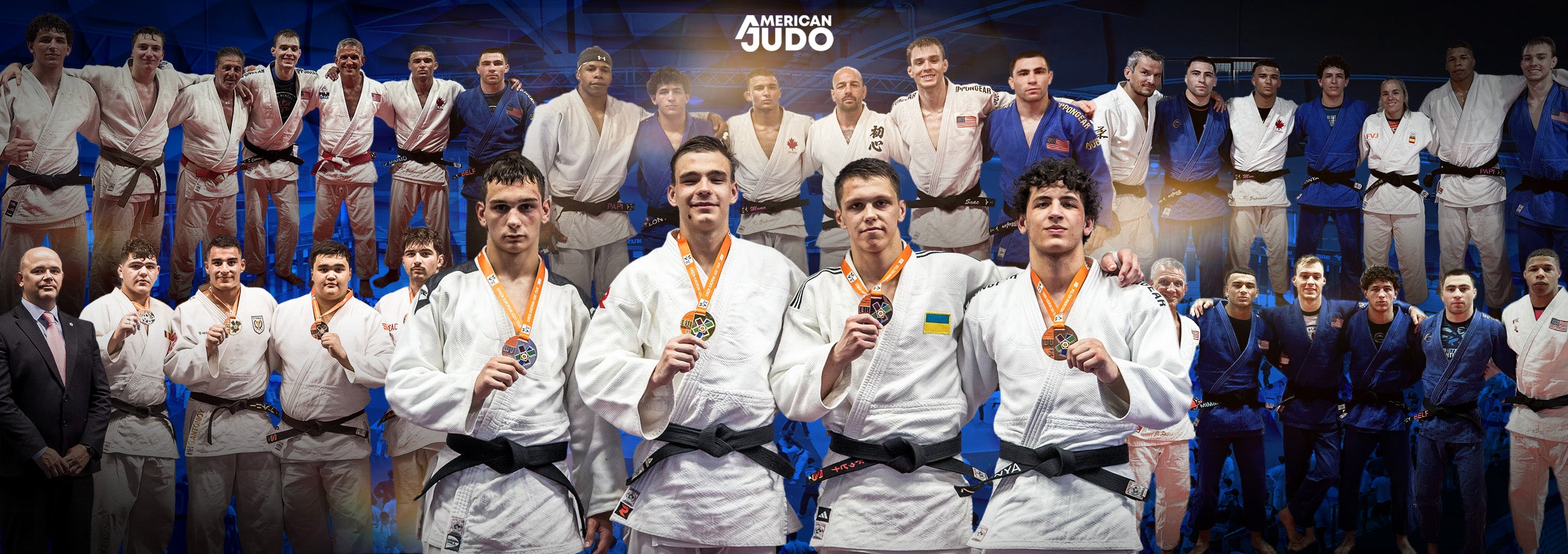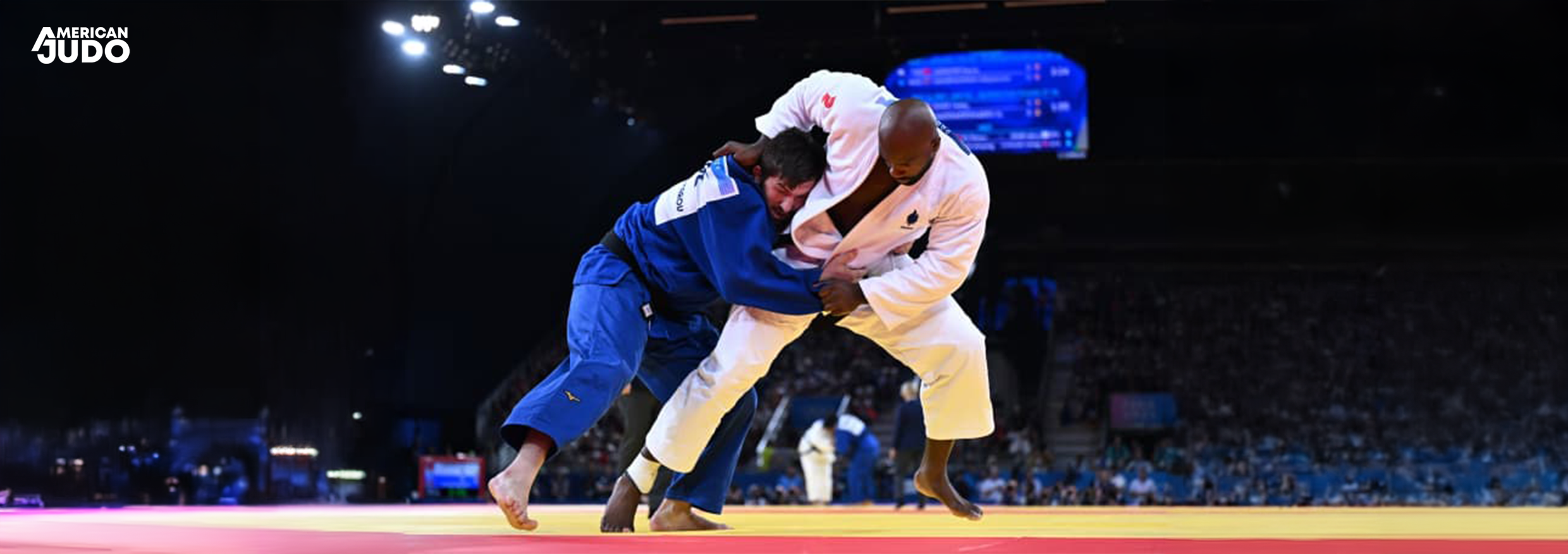Let’s talk about competitions. This blog post will be about your students first tournament experience - Let’s dive in!
Preparation
When it comes to other sports, people have a basic understanding of “what” to do and “when” to do it. People understand they need to shoot a ball in the net, or the hoop or over the fence, etc. While they still need to be taught specific positions, strategies and rules this is the norm for all sports and judo is no different.
During practice, you should be reminding students that they are practicing not only for their own development but for the competition as well. At least two weeks prior to the competition date, take thirty minutes from each class and start teaching and demonstrating how a judo match takes place and the strategies involved.
Commands
Begin with going over the commands and showing how a referee will signal those commands when applicable. Explain in simple terms so all students, regardless of age, understand…
- Hajime -- Start.
- Matte -- Stop.
- Sore Made -- That is All
- Ippon -- This is signaled by the referee with an arm straight up.
- Waza-ari – This is signaled by an arm out at shoulder level.
- Shido -- A shido is issued forminor violations such as excessive passivity, using a maneuver that hinders the development of a technique, using a technique that poses a risk injury to the opponent. Shido on the scoreboard will be displayed with a yellow card.
- Osaekomi! – Hold is on!
- Toketa – Hold-down broken
It is important that students understand WHAT they should do (or not do) when these commands are called. There is nothing more frustrating than having a student initiate a pin and the referee calls osaekomi and then have your student stand up from the pin because they were not aware of what to do and when.
The Match
When it comes to the competition itself, explain to your students where to bow and when. Teach them where to walk prior to the start of the match and what to do at the end of the match. This should include all of the proper commands and hand signals as well.
Then I would recommend having two of your more experienced students demonstrate these actions and explain where the referee will be (generally) and the competition / out of bounds areas.
Mock Competition
Now the fun begins, choose two athletes and let’s have a competition. Have a timer and if possible, a scoreboard. If a scoreboard is not available, and it usually won’t be, explain to the students that a scoreboard will be there and what it will look like. This is also a great opportunity for parents and students to practice refereeing, scoreboard operations and other tournament jobs.
Ideally, each student should get at least five opportunities to have a practice competition before their first tournament. I recommend having “in-club competitions” once a month in order to keep new students comfortable competing and it also is great fun for the kids, parents, and the teachers. The goal of these events is development!
Always remember your students respond to your actions. Be encouraging when you are teaching, reward effort and always teach that sportsmanship is a part of judo. Shake hands after competing, be respectful of the referee, losing is part of judo and there is no shame in losing and always show humility in winning.
Other Tips To Share
While most sensei's will cover the major topics listed above, I do think it’s important that we explain some of the other subtle details that new competition students and families may not be aware of such as…
- Males must compete bare chested under their gi
- Females must wear a plain white short sleeve t-shirt
- No jewelry may be worn or items with hard metal or plastic
- No hair ties / headbands
- Judo uniforms should be white (preferably)
- Judo uniforms should fit properly - sleeves touch the wrist bone, pants touch ankle bone, etc
My next call will be on August, 20th at 12:00pm EST.
Technique Development will be the topic of the call but as always, I will be open to questions and other topics as well. We will be adding video examples on how to develop a technique and what the end product should look like.
It is my hope as Head Coach at the American Judo System that we can bring coaches together from all levels, dojos and the country and give you access to the knowledge we have. Our team is full of coaches who are eager to grow the sport from the Basic Level to the Elite Level. We are also unique in the fact that Jimmy Pedro and I, have experience in coaching all the areas aforementioned (Day One to Olympic Podium) and we are excited to share our experience and systems with you. I also hope that you will share your knowledge and experience with us because if we are going to grow Judo we must work together!
Thank you for your time and I look forward to working with you!
See you on the tatami!
Steve Cohen
US Olympian & US Olympic Coach
Head Coach, American Judo System
P.S. Please email me at steve@americanjudo.com with any questions, comments, or topics you may want me to cover.
About Steve Cohen
Steve Cohen has been doing judo for over 60 years. Starting judo at the age of 5, Steve had a long successful competitive career ending in 1988 at the Seoul, Korea Olympics. Steve along with his brother, Irwin ran a successful judo program in Illinois producing the first Olympic Silver Medalist and first Junior World Champion for the United States. They also had many athletes on Pan American Games Teams, World Teams, and Olympic Teams. Throughout the years they ran local, regional, and national tournaments. Every Summer, they held a camp where the best youth and junior judo athletes in the country would come to learn and develop, and the best senior judo athletes would attend, teach, and train. Many of those young athletes that attended went on to great success as competitors. Steve became the National Coach for the United States in the 1990’s becoming the Head Junior National Coach for 4 years and following that became the Head Senior National Coach which included being named the Head Coach for the 2000 US Olympic Team. Steve is still active in coaching and developing athletes out of Illinois and works with athletes all over the country.



